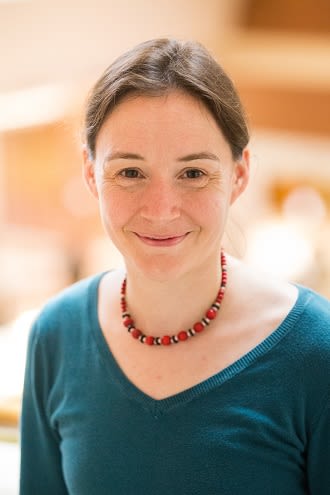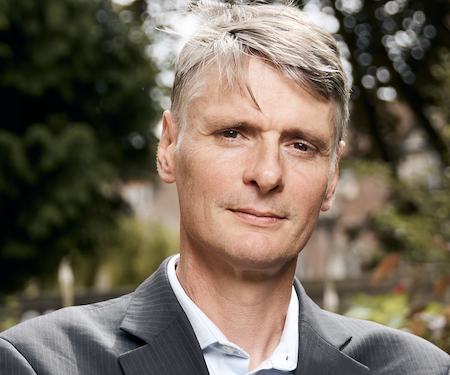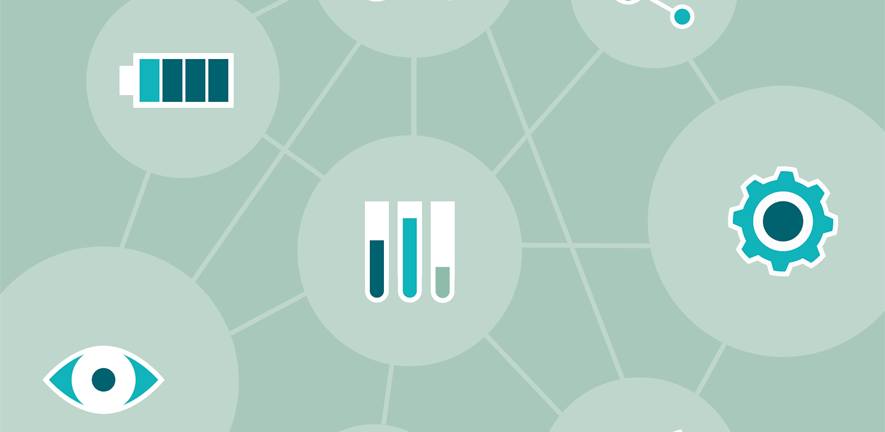ai@cam and the Accelerate Programme for Scientific Discovery are delighted to announce the winners of the second cohort of ai@cam’s AI-deas initiative.
The two winning teams will receive £150,000 of seed funding and have access to incubator support from ai@cam to scale their impact. The projects will join ai@cam as the second cohort under the AI-deas initiative, with the first wave of five AI-deas challenges announced last year. These awards follow a highly competitive process that attracted over 50 expressions of interest from 28 University departments.
The two winning projects which were awarded are:
AI for Cultural Heritage Hub (ArCH)
Cambridge’s GLAM institutions (galleries, libraries, archives, and museums) house millions of objects from across the globe, representing an unparalleled repository of cultural and natural history. However, challenges such as analogue formats, handwritten records, fragmented objects, multilingual sources and complex surfaces make much of this data difficult to access.
To address these challenges, the AI for Cultural Heritage Hub (ArCH) will deploy the convening power of Cambridge’s distributed network of collections to create a secure workspace and Community of Practice to empower non-technical users (practitioners and academics) to analyse cultural heritage data securely with AI tools. By encouraging collaboration among curators, researchers, IT professionals, and AI experts, the new hub will prototype adaptive AI solutions to enhance understanding of collections and identify a selection of AI tools to address these problems.
Amelie Roper, Head of Research at Cambridge University Library and AI-deas lead, said: “The University Library is delighted to be collaborating with the Department of Applied Mathematics and Theoretical Physics and the Collections-Connections-Communities Strategic Research Initiative to create the UK’s first AI for Cultural Heritage Hub - ArCH. By creating both a community of practice and a prototype workspace, ArCH will enable heritage practitioners and collections researchers to harness the power of AI to unlock cultural heritage collections.”
Opportunities and potential risks of AI in supporting evaluation (OpRaise)
As AI continues to advance, concerns are growing about its impact on traditional grading systems across the HE sector. AI models are now capable of writing essays and providing detailed feedback that is improving rapidly, raising questions about how universities should adapt to this technology.
OpRaise (opportunities and potential risks of AI in supporting evaluation) aims to transform higher education assessment by establishing an evidence-based framework for integrating AI into academic evaluation processes. To do this, the winning team will systematically analyse a comprehensive corpus of university essays from summative assessments in UK Universities. The team will compare expert academic evaluations against assessments from multiple AI systems, varying prompting strategies to optimise AI performance. By analysing the differences between human and AI assessments the goal is to develop targeted interventions to enhance AI effectiveness.
Deborah Talmi, Professor at the Department of Psychology and AI-deas lead, said: “I’m excited to see how the insights of this talented team of experts from diverse fields will bear on this practical question, which has unsettled the HE sector. We are brimming with ideas for how to make this project a success and I hope that findings from our project will inform the use of AI more broadly, across educational settings.”
Speaking of the new winners, Neil Lawrence, DeepMind Professor of Machine Learning and Chair of ai@cam said: “We have had a fantastic response to our AI-deas call and are excited to welcome our new cohort joining us. The selected projects in this round of funding continue to demonstrate that AI has the potential to connect to areas our wider community are passionate about, and the culture and education sectors are a key example of this.”
Jess Montgomery, ai@cam Director, said: “Too often there are barriers to collaboration which hinder progress in AI research that are connected to real world need. The AI-deas programme offers a unique infrastructure to support challenge-led research that tackles pressing research questions and builds projects that have the potential to scale longer term. We are excited to expand our selection to areas across education and culture and look forward to seeing the projects develop.”
ai@cam’s AI-deas
ai@cam is the University’s flagship mission to drive a new wave of AI innovation that serves science, citizens, and society. ai@cam first core initiative, AI-deas, is an ambitious programme of challenge-led AI innovation that spins up new interdisciplinary teams, built to scale. All projects supported through ai@cam’s incubator explore new thinking about the role of AI in addressing major challenges, build coalitions in areas of need, and create partnerships to take research from lab to real-world benefit.
ai@cam awarded funding to five winning AI-deas projects in 2024 spanning fertility, climate change, language and communication challenges, mental health, and decision-making with AI across cities.










